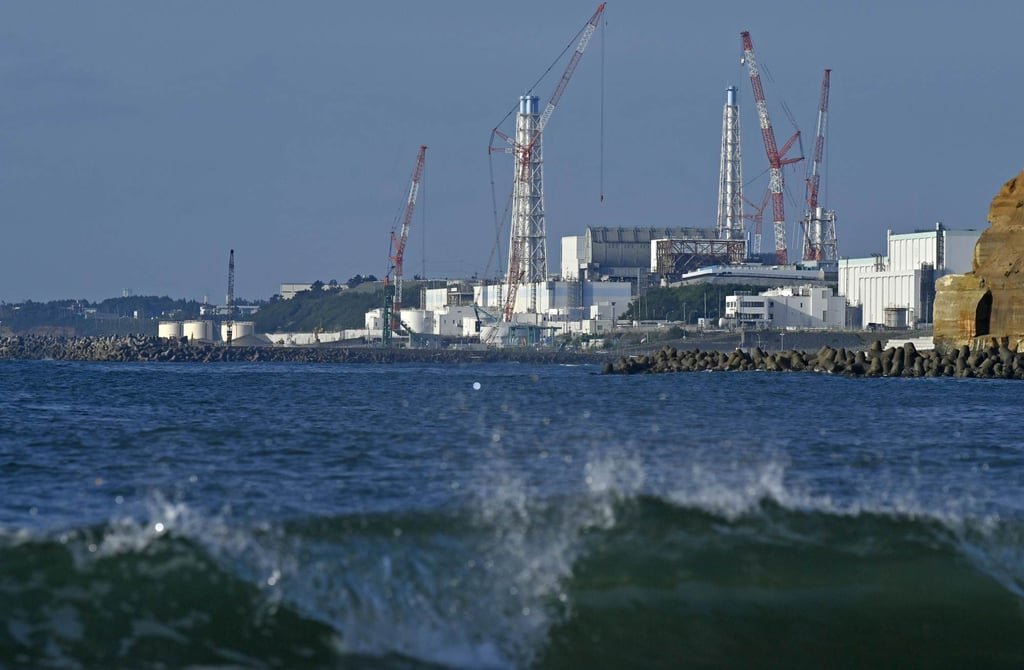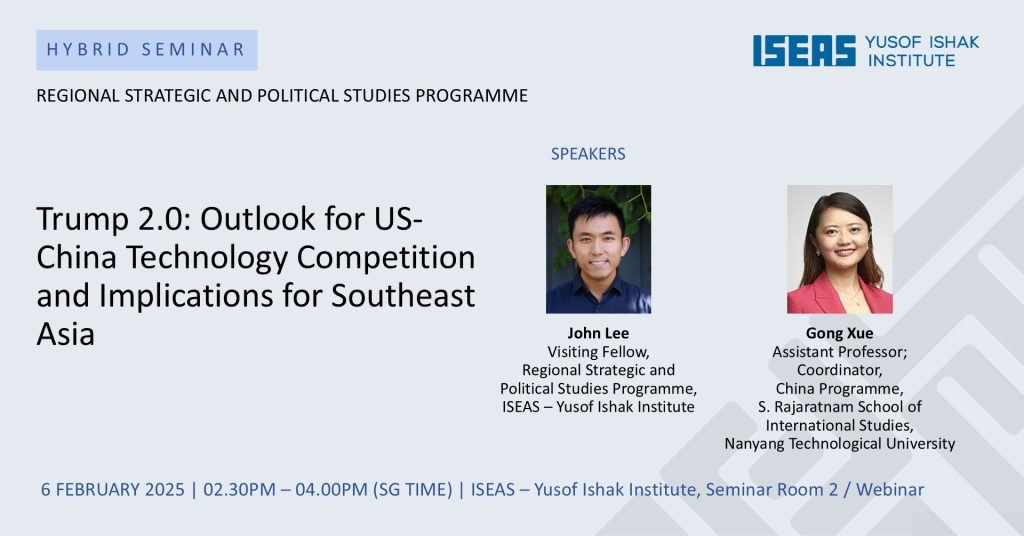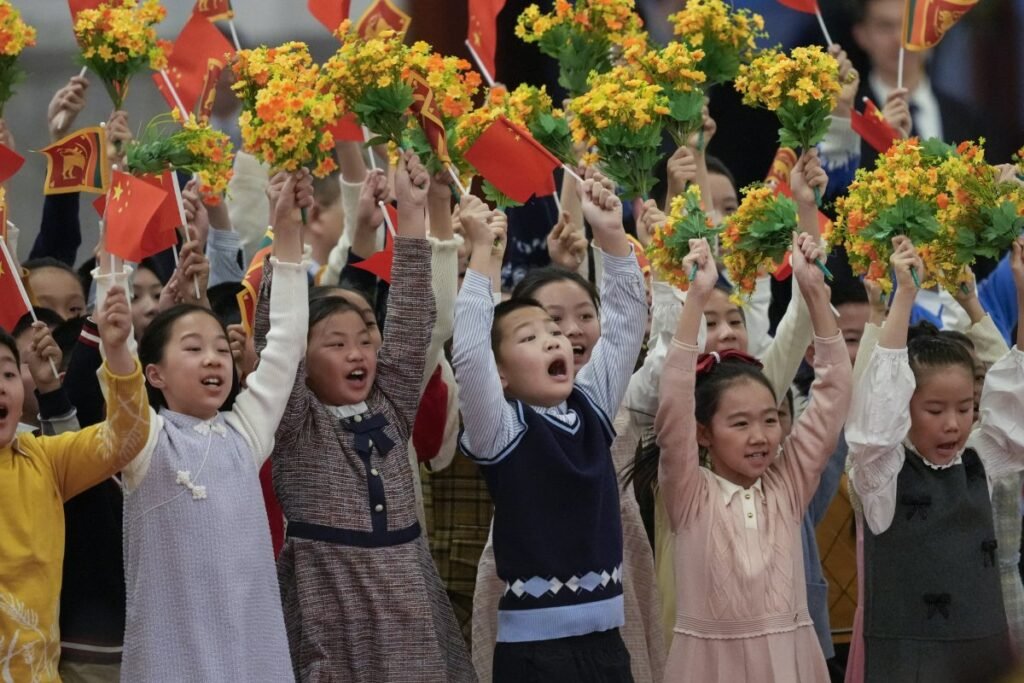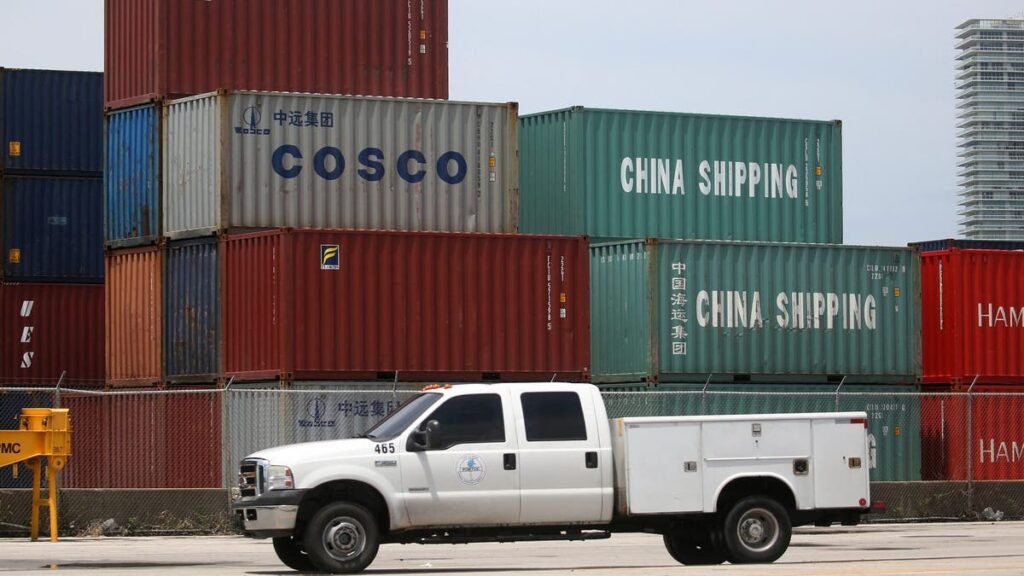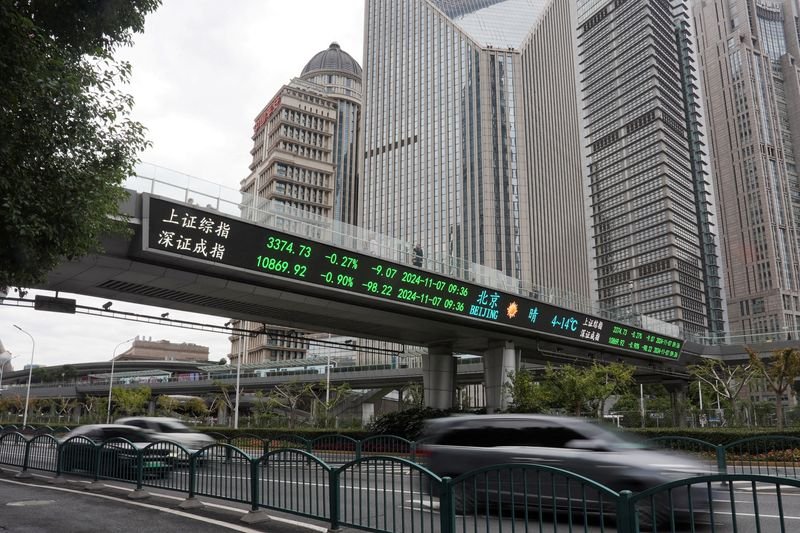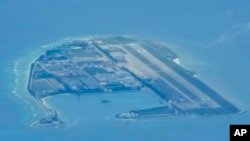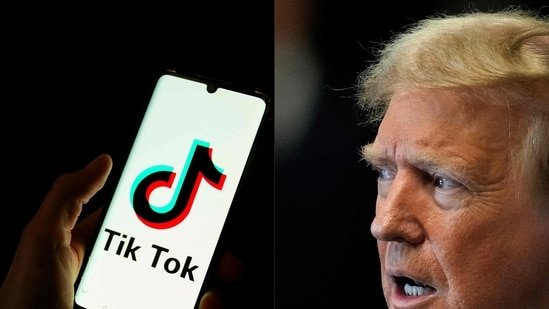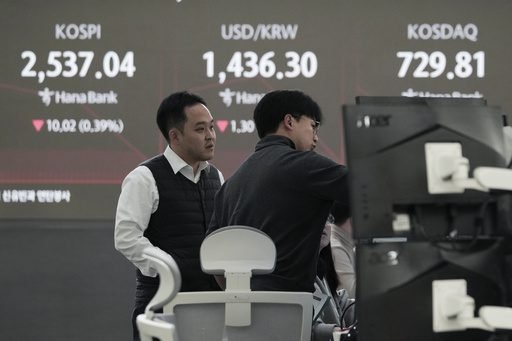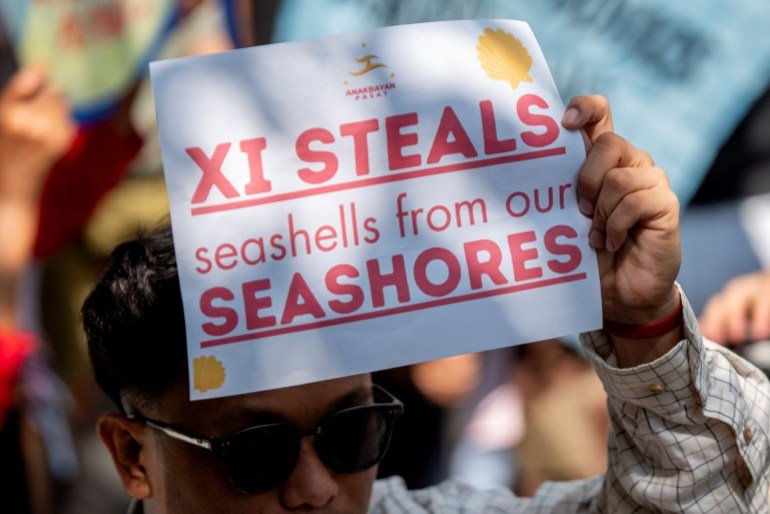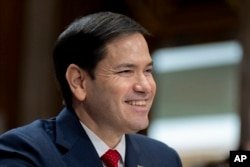New Delhi: Foreign secretary Vikram Misri will travel to Beijing next week for talks with a Chinese vice foreign minister as part of meetings aimed at taking forward the normalising of relations following the disengagement of forces on the Line of Actual Control (LAC) last year.

Misri’s visit to China during January 26-27 will follow meetings between the defence and foreign ministers of the two sides and talks of the Special Representatives on the border issue over the past two months. Two days after India and China reached an understanding on October 21 on disengagement of troops, Prime Minister Narendra Modi and President Xi Jinping met in Russia and agreed to revive several mechanisms to address the border dispute and normalise ties.
While announcing Misri’s visit to Beijing on Thursday, the external affairs ministry said he was travelling for a meeting of the foreign secretary-vice minister mechanism between India and China.
Also Read | On India-China border situation, Army chief rules out ‘buffer zones’ along LAC
“The resumption of this bilateral mechanism flows from the agreement at the leadership level to discuss the next steps for India-China relations, including in the political, economic, and people-to-people domains,” the ministry said in a brief statement.
Misri is expected to hold talks with China’s vice foreign minister Sun Weidong, who was the envoy to India at the start of the standoff on the LAC. Sun is in charge of China’s relations with Asian neighbours.
While the Chinese side has pushed for the easing of visa restrictions and resumption of direct flights during recent negotiations, the Indian side is approaching the process with national security concerns as the main issue, people familiar with the matter said on condition of anonymity.
Also Read | Strategic triangulation: India, China and Sri Lanka
China’s push on visas and flights is largely aimed at giving a boost to trade and economic ties, with top Chinese leaders such as foreign minister Wang Yi consistently calling for the border issue to be put in its “appropriate place” in overall relations.
“For us, everything flows from national security. Once that is addressed, all the other issues will follow,” one of the people cited above said. “The Chinese side wants the issues of visas and flights addressed post-haste, but there are reasons for proceeding cautiously.”
The more than four-year military standoff on the LAC, and especially the brutal clash at Galwan Valley in June 2020 that killed 20 Indian soldiers, heightened the trust deficit, resulting in the Indian side’s cautious approach. External affairs minister S Jaishankar has said the resolution of the face-off in Ladakh sector remains a work in progress and that there is still no explanation for China’s amassing of troops along the LAC in early 2020, a move that violated several agreements on border management.
A person familiar with thinking on the Chinese side said three key issues raised by Beijing at recent talks were easing of visa restrictions, resumption of direct flights that were suspended during the face-off and reciprocal posting of journalists in the in the two countries.
Since the agreement between Modi and Xi on reviving mechanisms for normalising relations, Jaishankar met his counterpart Wang on the margins of the G20 Summit in Brazil on November 18 and defence minister Rajnath Singh met his counterpart Dong Jun at the ASEAN defence ministers’ meeting in Laos on November 20, while the Special Representatives on the border issue – National Security Adviser Ajit Doval and foreign minister Wang – held talks in Beijing on December 18.
During the meeting of the Special Representatives, India emphasised a “mutually acceptable framework” for settling the boundary issue. The two sides also focused on cross-border cooperation, such as resumption of the Kailash Mansarovar Yatra, data sharing on trans-border rivers and border trade.





